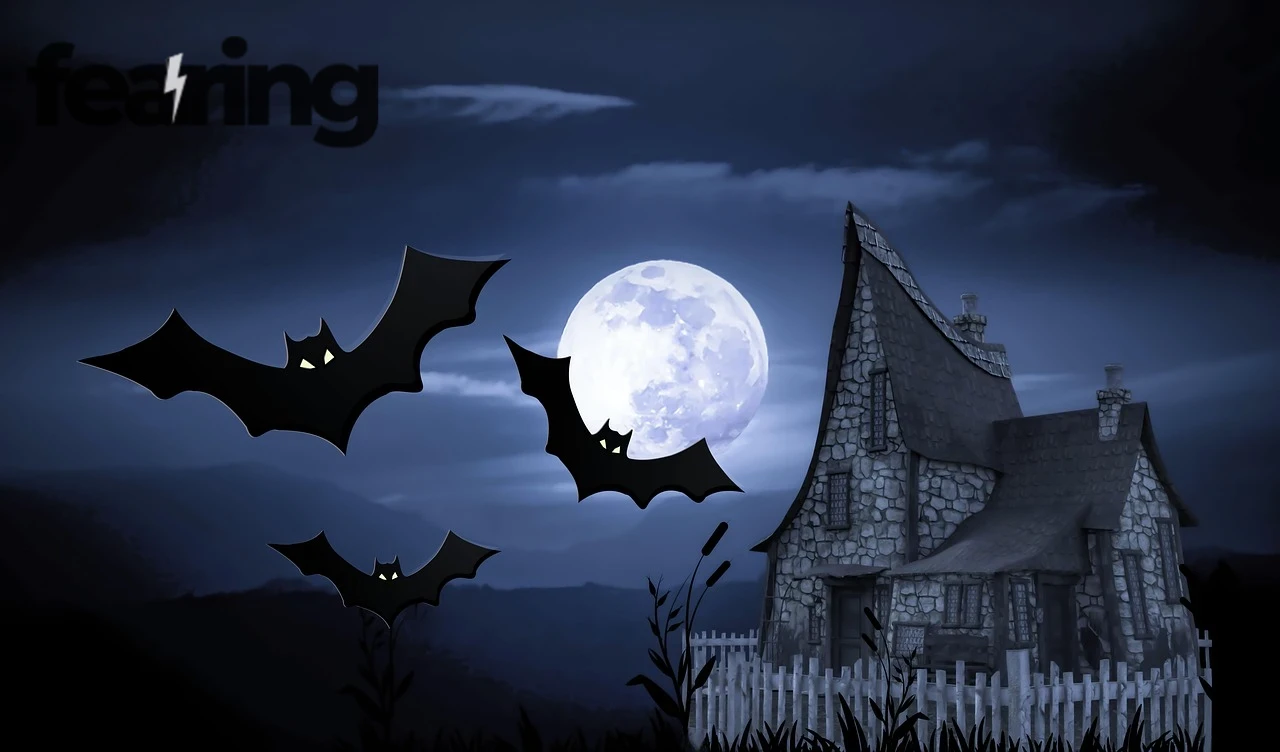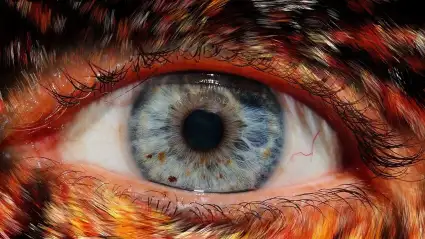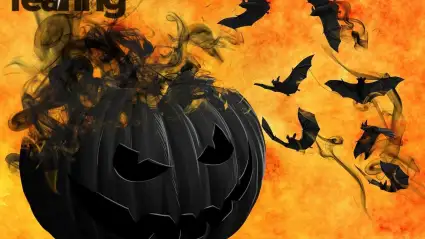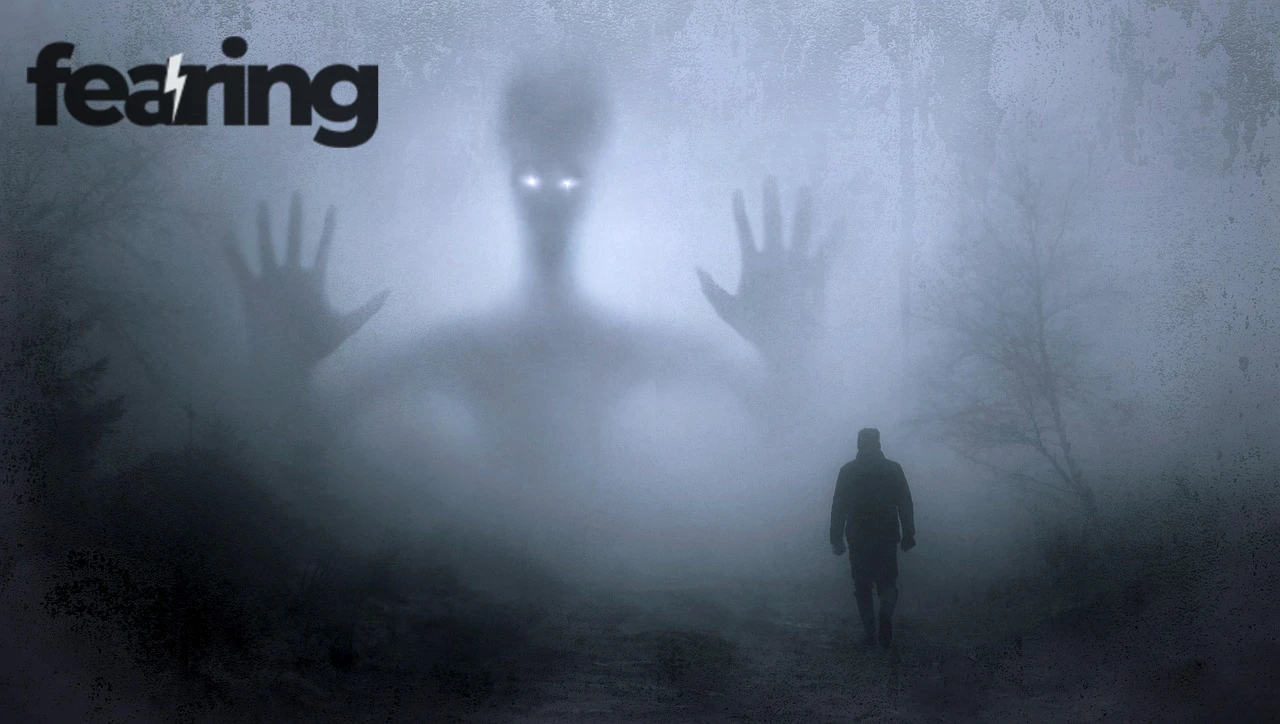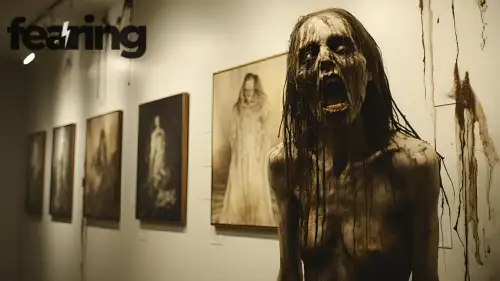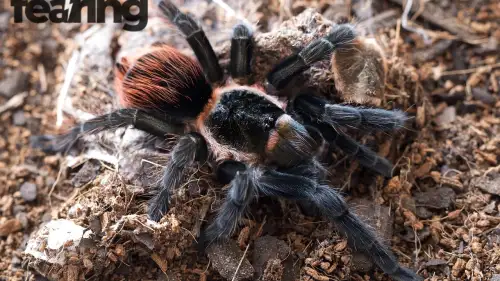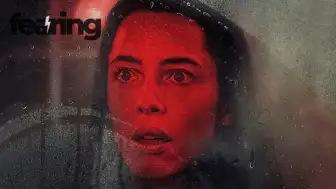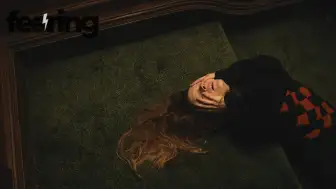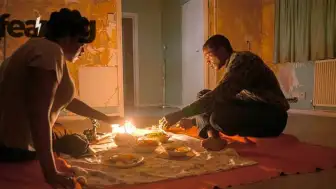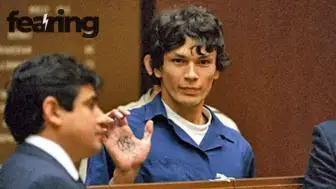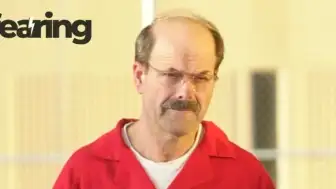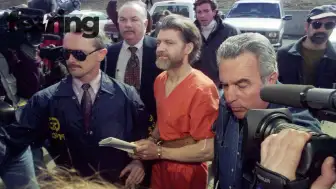True Ghost Encounters Shared by Real People remind us why ghost stories never fade — because sometimes, the people who tell them truly believe what they’ve seen. Across continents and generations, witnesses continue to report strange presences, voices, and apparitions that defy logic.
Parapsychologist Dr. Dean Radin explains, “When ordinary people describe extraordinary experiences consistently, dismissing them outright says more about our limits than theirs.”
These stories — whether supernatural or psychological — reveal how humans interpret the unexplained through emotion, memory, and belief.
Echoes From the Ordinary
Most true ghost encounters don’t happen in castles or graveyards. They happen in homes, hospitals, schools, and quiet streets — ordinary places suddenly turned extraordinary.
In a 2025 Statista survey, 61% of adults in the United States said they believe in ghosts or spirits, while 37% claim to have experienced something paranormal personally. These numbers remain stable globally, proving that belief in the unseen transcends culture and time.
Sociologist Dr. Helen Fisher explains, “Ghost stories persist not because we’re irrational, but because they offer continuity — a way to believe that death doesn’t erase connection.”
Real Ghost Encounters Reported Around the World
| Location | Witness | Description | Year |
|---|---|---|---|
| York, England | Multiple tourists | Apparition of Roman soldiers walking through a cellar wall | 1953 |
| Myrtles Plantation, USA | Chloe’s legend | Repeated sightings of a woman in a green turban | Ongoing |
| Bhangarh Fort, India | Local guards | Nighttime screams, banshee-like cries, and flickering lights | Frequent |
| Edinburgh Castle, Scotland | Visitors | Drums and pipes heard from empty halls | Ongoing |
| Aokigahara Forest, Japan | Hikers | Unseen whispers and electronic interference | Recurrent |
| Monte Cristo Homestead, Australia | Caretaker | Apparitions in mirrors and cold drafts in empty rooms | Repeated |
| Eastern State Penitentiary, USA | Former guards | Echoes of footsteps, weeping, and cell doors slamming | Ongoing |
| Leap Castle, Ireland | Local historians | Unseen “Elemental” entity sensed by multiple visitors | Ongoing |
| Changi Hospital, Singapore | Photographers | Shadow figures caught on film | 2000s |
| Versailles, France | Two teachers | Claimed to see Marie Antoinette and pre-Revolution scenes | 1901 |
Historian Mary Roach once noted, “The past never really leaves a place — sometimes, it lingers long enough to introduce itself.”
The Hospital Room Story
One of the most documented ghost encounters comes from a London nurse, identified only as Claire, who worked night shifts in 2019. “I was doing rounds at 3 a.m. when I saw a woman sitting on a bed in the empty oncology ward. She smiled — then disappeared as I approached,” she recounted in an interview for The Guardian.
Her supervisor later revealed that a patient matching that description had died in that same bed two weeks earlier. Claire doesn’t claim to believe in ghosts — but she never walks that corridor alone.
Psychologist Dr. Chris French comments, “Sleep deprivation, stress, and grief can all produce vivid experiences. But the emotional weight of hospitals makes them fertile ground for the paranormal.”
The Hotel Mirror Incident
In 2022, traveler Evelyn Chen checked into a century-old hotel in Vienna. “At midnight, my mirror fogged over — even though the heat was off — and the words ‘Get out’ appeared. I filmed it; it vanished seconds later.”
While skeptics suggest condensation or chemical residue, the hotel later confirmed that several guests had reported identical experiences in that same room.
Folklorist Dr. Sarah Bartlett adds, “Mirrors occupy a unique space in human psychology — they symbolize reflection, both literal and spiritual. That’s why they often serve as gateways in haunting lore.”
When Science Meets the Supernatural
Researchers studying ghost encounters have identified natural explanations for many phenomena:
Infrasound — low-frequency vibrations that cause unease and nausea.
Carbon monoxide exposure — can trigger hallucinations.
Mold spores — linked to mood changes and paranoia.
Magnetic fields — may alter perception and memory.
Yet even after decades of study, not all cases are explained. Physicist Brian Cox once remarked, “Science has ruled out a lot, but not everything. Some mysteries persist because they’re reminders of how much we don’t know.”
Famous Eyewitnesses Who Spoke Publicly
Several high-profile figures have shared their ghost encounters:
Winston Churchill claimed he saw Abraham Lincoln’s ghost in the White House.
Lucille Ball reported hearing footsteps and voices in her Hollywood home.
Kate Bush composed songs inspired by recurring visions of “a man in the fog.”
Keanu Reeves once said he saw a ghostly figure floating in a childhood bedroom.
These testimonies, while anecdotal, demonstrate how even the most rational minds can be shaken by what they can’t explain.
The Common Thread in True Ghost Encounters
Across testimonies, three recurring themes appear:
Emotion: Encounters often follow grief, loss, or trauma.
Atmosphere: Silent, dimly lit, or emotionally charged spaces increase sensitivity.
Connection: Witnesses often describe comfort or recognition, not terror.
Parapsychologist Dean Radin states, “Hauntings may not be signs of the dead — they could be reflections of strong emotions imprinted on the environment.”
The Role of Technology in Modern Encounters
Advances in digital tools have both strengthened and complicated paranormal claims. Smartphones capture light anomalies; AI filters analyze sound waves; and EMF detectors measure invisible fluctuations.
| Device | Purpose | Example of Use |
|---|---|---|
| Infrared Cameras | Detect cold or heat spots | Used in old hospitals and hotels |
| Digital Voice Recorders | Capture EVPs (Electronic Voice Phenomena) | Popular in ghost tours |
| LIDAR Scanners | Map 3D structures for visual anomalies | Used in Leap Castle investigations |
| AI Audio Analyzers | Filter false positives in EVP recordings | Used by modern research teams |
Tech analyst Marina Lopez observes, “Technology can detect anomalies — but it can’t define them. The line between error and evidence remains human.”
Why People Keep Sharing Their Stories
Even with skepticism, people continue to share ghost stories online, often anonymously. Reddit’s r/Paranormal and TikTok’s “#RealGhostEncounters” now feature thousands of firsthand accounts, reaching millions of viewers.
Sociologist Evelyn Chase believes this reveals a cultural shift: “Social media has made belief communal again. Whether true or not, ghost encounters connect people through shared vulnerability.”
What True Ghost Stories Teach Us
Beyond fear, these encounters explore longing — for meaning, connection, and continuity. They remind us that even in an age of data and logic, mystery still has power.
As astrophysicist Neil deGrasse Tyson once said, “We’re all ghosts, in a way — stardust remembering itself.” Perhaps that’s why stories of spirits persist: they’re reflections of our hope that life, in some form, never truly ends.
FAQ
Q1: Are ghost encounters scientifically proven?
A1: No definitive proof exists, but thousands of consistent reports keep the debate alive.
Q2: Why do most sightings occur at night?
A2: Low light heightens fear, and fatigue affects perception — making the mind more open to suggestion.
Q3: Can technology detect ghosts?
A3: Not directly; it can only capture environmental anomalies that might correlate with experiences.
Q4: Why do ghosts often appear in emotional places?
A4: Psychologists believe strong emotions may “imprint” memories onto environments.
Q5: What’s the most credible ghost story ever recorded?
A5: The Versailles “time slip” of 1901 remains one of the most documented cases in history.
Sources
Statista Paranormal Belief Survey 2025
Society for Psychical Research Archives
New Scientist – The Science of Fear

